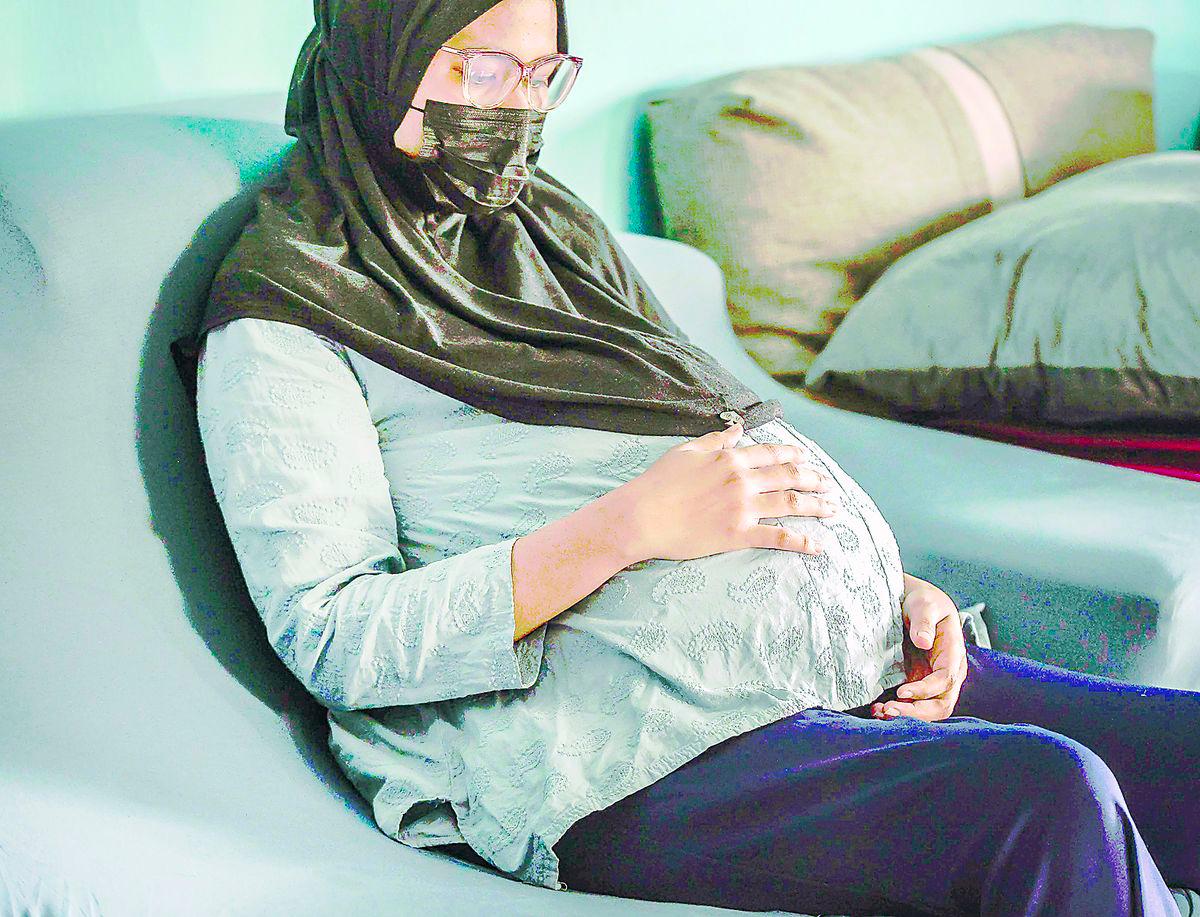PETALING JAYA: Expectant women are advised to prioritise medical advice and not risk their own health or their baby’s in opting for natural delivery.
Delaying hospital care or ignoring professional recommendations can pose serious risks, especially when procedures such as caesarean sections are advised.
Universiti Putra Malaysia obstetrician and gynaecologist Dr Nurul Iftida Basri said proceeding with natural birth against medical recommendations could endanger both the mother and child, leading to life-threatening complications, including uterine rupture, severe bleeding or death.
“In general, forcing natural birth can result in obstructed labour. This puts the mother at risk of complications such as uterine rupture, exhaustion, and excessive bleeding,” she said.
Her warning follows a tragic case in Indonesia involving a woman who declined surgical intervention despite medical advice against natural delivery due to health concerns.
She sought assistance from a well-known midwife and endured five days of labour without medical supervision.
Eventually, she developed breathing difficulties and was rushed to a hospital. Although she delivered the baby, the child tragically died five hours later.
“I didn’t even get the chance to see my baby’s face,” she was quoted as saying.
Nurul Iftida added that babies delivered under such high-risk circumstances face numerous dangers, including scalp injuries, reduced oxygen to the brain (hypoxia), cerebral palsy, shoulder dystocia (in which the baby is stuck at the shoulders during delivery) and in the worst cases, death.
She emphasised that delayed decision-making during labour significantly decreases survival chances for both mother and baby.
“When obstructed labour occurs, the mother can become severely dehydrated, exhausted or suffer internal bleeding. Infection can also set in and spread throughout the body, leading to sepsis – a life-threatening condition.”
She said certain warning signs should prompt immediate medical intervention, including abnormal bleeding, unusual odours in the amniotic fluid (liquor) or a sudden weakening of contractions.
“For the baby, changes in foetal heart rate or meconium-stained liquor are serious red flags,” she said, adding that any delay in recognising these signs could jeopardise the baby’s oxygen supply and chances of survival.
She also cautioned mothers considering alternative birthing centres, reminding them that in Malaysia, it is illegal for such centres to operate without a registered doctor.
Although midwives are legally recognised, they must work under a doctor’s supervision.
“In many cases, the term ‘midwife’ is used to describe traditional birth attendants or ‘bidan kampung’, who are not registered, or ‘doulas’, who lack medical training to assist with deliveries.
“In general, women should not seek delivery services from ‘bidan kampung’, and it’s important to understand that the role of a ‘doula’ is limited to emotional and physical support during labour, not the delivery itself.”
Nurul Iftida said social media has also contributed to the misinformation surrounding childbirth, adding that some women request natural births out of fear of surgery, concerns that could be managed through proper consultation, pain relief options and psychological support.
“Some advocate natural birth as the best way to deliver. Some ‘doulas’ on social media tell the public that doctors are doing it wrong, which misleads the public.”
However, she said the trend today is not one-sided, with some women opting for caesarean sections without any medical need.
For those who prefer natural birth, doctors typically schedule follow-up consultations to reassess the situation and provide appropriate counselling for both mother and baby.
“Unfortunately, many women who initially request natural births despite medical contraindications fail to attend follow-up appointments. Instead, they return in labour, insisting on natural delivery, even when it poses serious risks,” she said.









